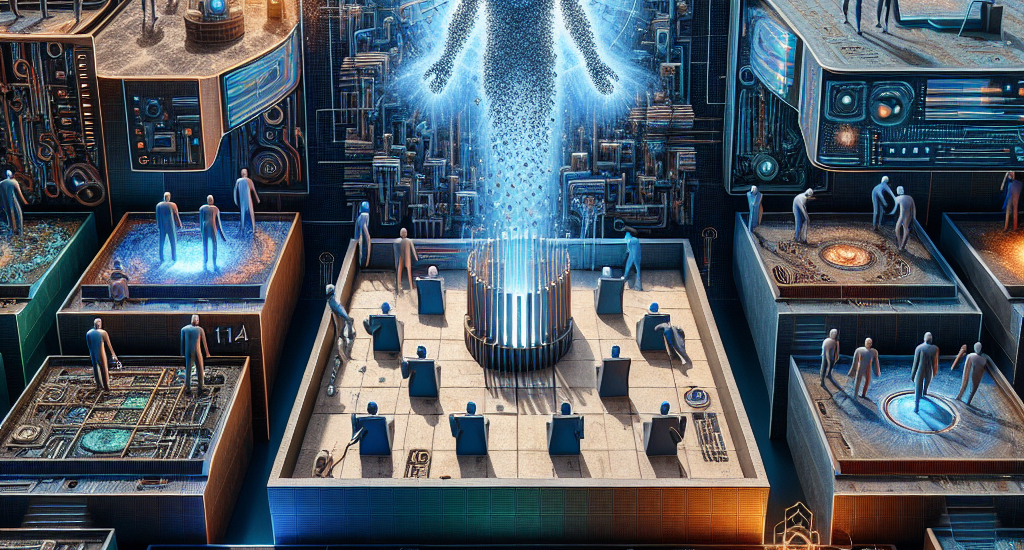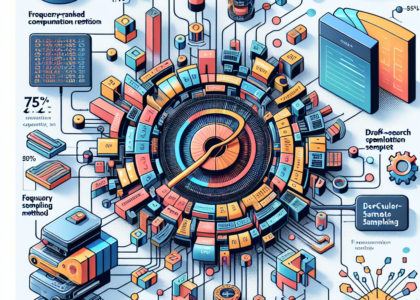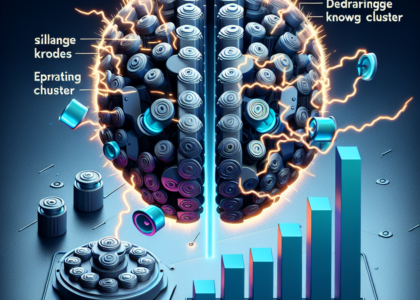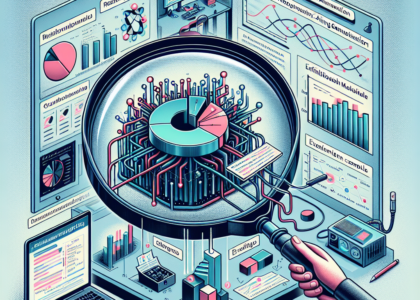Authors: Hjalmar Wijk, Tao Lin, Joel Becker, Sami Jawhar, Neev Parikh, Thomas Broadley, Lawrence Chan, Michael Chen, Josh Clymer, Jai Dhyani, Elena Ericheva, Katharyn Garcia, Brian Goodrich, Nikola Jurkovic, Megan Kinniment, Aron Lajko, Seraphina Nix, Lucas Sato, William Saunders, Maksym Taran, Ben West, Elizabeth Barnes
Abstract: Frontier AI safety policies highlight automation of AI research and
development (R&D) by AI agents as an important capability to anticipate.
However, there exist few evaluations for AI R&D capabilities, and none that are
highly realistic and have a direct comparison to human performance. We
introduce RE-Bench (Research Engineering Benchmark, v1), which consists of 7
challenging, open-ended ML research engineering environments and data from 71
8-hour attempts by 61 distinct human experts. We confirm that our experts make
progress in the environments given 8 hours, with 82% of expert attempts
achieving a non-zero score and 24% matching or exceeding our strong reference
solutions. We compare humans to several public frontier models through
best-of-k with varying time budgets and agent designs, and find that the best
AI agents achieve a score 4x higher than human experts when both are given a
total time budget of 2 hours per environment. However, humans currently display
better returns to increasing time budgets, narrowly exceeding the top AI agent
scores given an 8-hour budget, and achieving 2x the score of the top AI agent
when both are given 32 total hours (across different attempts). Qualitatively,
we find that modern AI agents possess significant expertise in many ML topics
— e.g. an agent wrote a faster custom Triton kernel than any of our human
experts’ — and can generate and test solutions over ten times faster than
humans, at much lower cost. We open-source the evaluation environments, human
expert data, analysis code and agent trajectories to facilitate future
research.
Source: http://arxiv.org/abs/2411.15114v1





